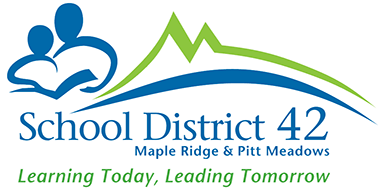The Early Childhood Education (ECE) programs prepares students to work with young children in a variety of early learning settings. An ECE Post-Basic credential represents additional training that has been completed by a student to specialize in a specific area. Ridge Meadows College offers the following Post-Basic Credentials:
- Infant / Toddler Educator
- Special Needs Educator
Infant / Toddler Educators are permitted to work alone, or in childcare settings as the primary educator for children from birth through age 5.
Special Needs Educators are permitted to work alone, or in childcare settings as the primary educator for children from age 3 through age 5 but also possess specialized training to work with children with diverse and unique abilities.
To begin a post-basic program you must already possess a valid ECE-Certificate. If you do not yet have a certificate, please click the following link for information on the: ECE Assistant or ECE Certificate/Diploma Programs.
Post-Basic courses are all taught online with the exception of Practicums which (in most cases) must take place within a licensed childcare centre.
Returning Students: If you want to apply for a post-basic program and are a returning student who has completed your ECE Certificate program at Ridge Meadows College within the last two years, please log in to the student portal (www.myrmc.ca) and fill out the Request Form to add a post-basic program. If you were a certificate student from more than two years ago, please contact the office at rmc@sd42.ca and ask them for assistance.
Applications are now open for the Spring/Summer 2026 semester.
Registrations will open in February as per below:
Current ECE C, D, IT and SN students – February 9
New ECE C, D, IT and SN students – February 16
New ECEA students – February 23

